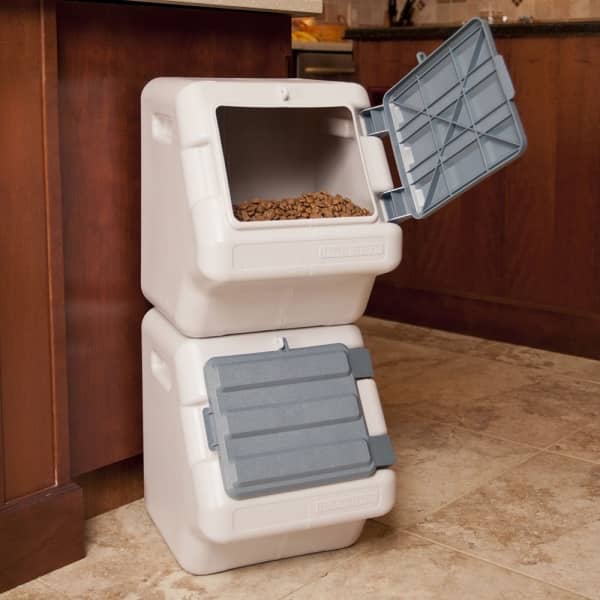
The Importance of Proper Dog Food Storage
Proper dog food storage is essential to ensure your furry friend's health and well-being. Many pet owners overlook the significance of storing dog food correctly, leading to potential health risks for their beloved pets. Whether you opt for dry kibble or canned dog food, it is crucial to follow specific guidelines for storage and handling. This article will guide you through the best practices for storing your dog's food to maintain its nutritional value and prevent contamination.

Choosing the Right Dog Food Container
When it comes to storing your dog's food, selecting the right container is of utmost importance. The container should be airtight to prevent moisture and pests from reaching the food. Plastic or metal containers with a tight-sealing lid are highly recommended. Avoid using cardboard or bags that can easily be chewed through by curious canines.
Proper Storage for Dry Dog Food
Dry dog food has a longer shelf life compared to wet or canned food. To maintain its quality, store it in a cool, dry place away from direct sunlight. Keep the food off the ground to prevent potential pest infestation. It is advisable to transfer the kibble from its original packaging into an airtight container, ensuring its freshness and preventing any exposure to air or moisture.
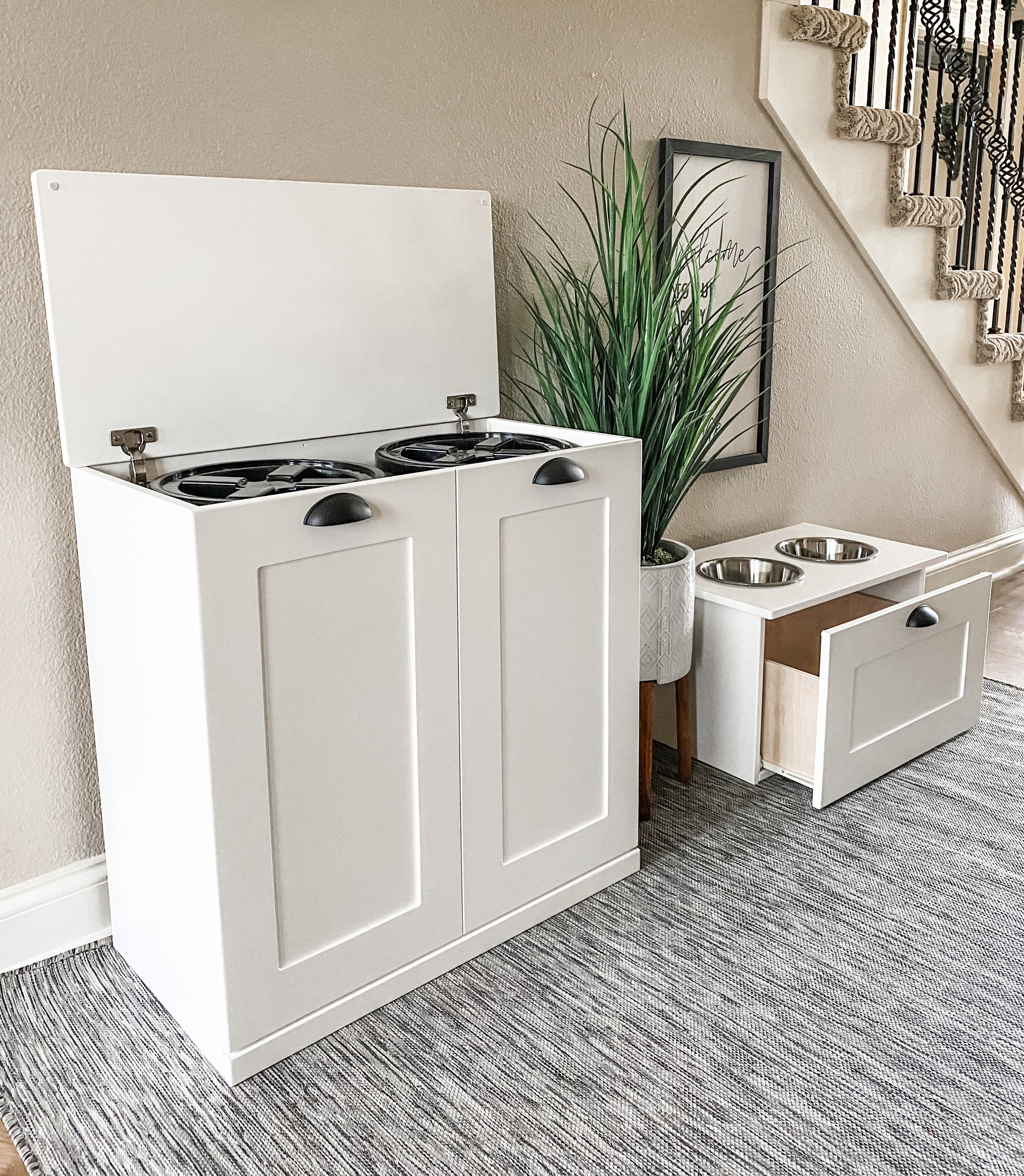
Storing Wet or Canned Dog Food
Wet or canned dog food requires different storage considerations. Once opened, refrigerate any unused portion immediately. Transfer the remaining food into a sealed container and store it in the refrigerator. It is crucial to use the refrigerated dog food within a few days to prevent spoilage. Check the expiration date on the can before feeding your dog to ensure its freshness.

Preventing Contamination
Contamination of dog food can lead to foodborne illnesses and health issues for your pet. To prevent contamination, ensure that the storage container and any utensils used for scooping the food are clean and dry. Avoid using the same scoop for different types of dog food to prevent cross-contamination. Regularly clean the storage container to remove any residue or crumbs that may attract pests.

Monitoring Expiration Dates
Just like human food, dog food has an expiration date that indicates its freshness and nutritional value. Always check the expiration date before purchasing or feeding your dog food. Avoid buying large quantities of dog food if you cannot consume it within a reasonable time frame. Consuming expired dog food can have adverse effects on your pet's health, leading to digestive issues and nutritional deficiencies.
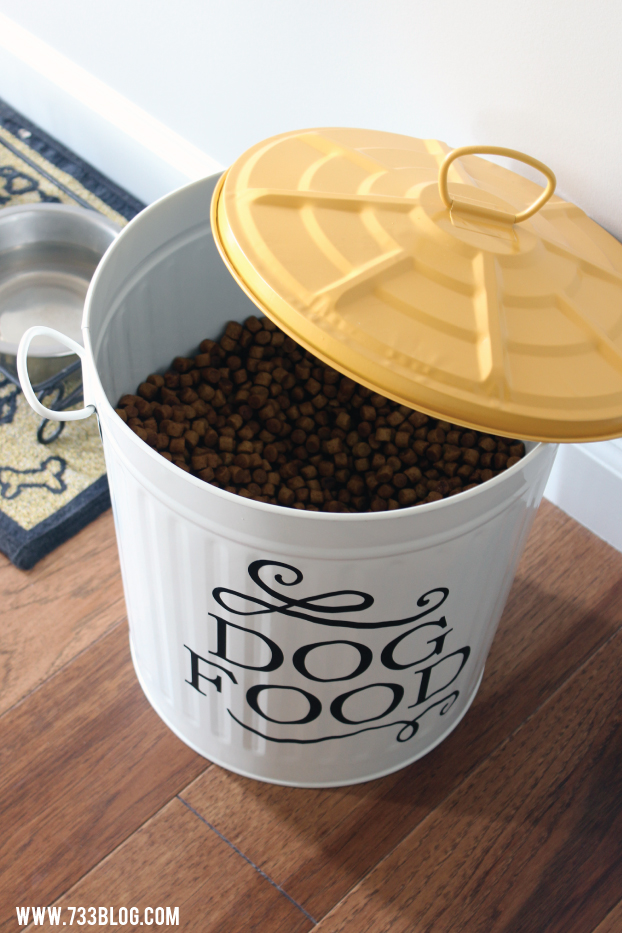
Proper Feeding and Portion Control
While storing dog food properly is crucial, maintaining proper feeding and portion control is equally important. Overfeeding can lead to obesity and related health problems in dogs. Carefully follow the feeding guidelines provided by the dog food manufacturer based on your dog's age, weight, and activity level. Store the remaining food promptly after each meal to maintain its freshness and prevent spoilage.
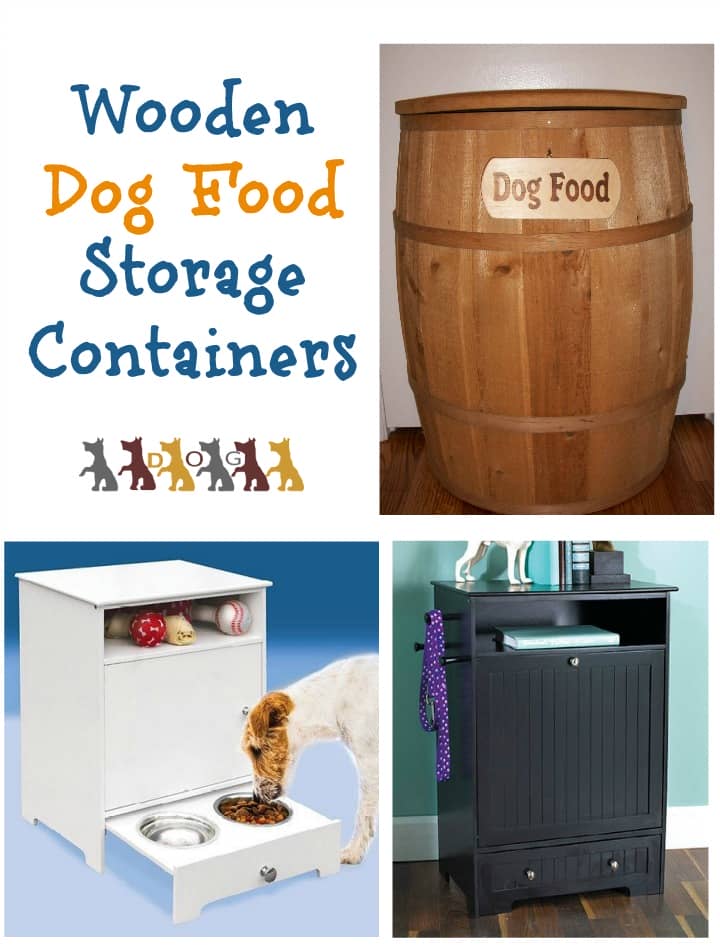
Common Mistakes to Avoid
When it comes to dog food storage, there are a few common mistakes pet owners should avoid. Firstly, storing dog food in its original packaging, without transferring it to an airtight container, can lead to exposure to air and moisture, causing the food to spoil quickly. Secondly, leaving the food container open or unsealed can attract pests and insects. Lastly, neglecting to regularly clean the storage container can lead to bacterial contamination.

Traveling with Dog Food
When traveling with your dog, it is essential to plan for proper dog food storage. Consider using portable, airtight containers to carry the required amount of food for the duration of your trip. Ensure the container is stored in a cool and dry place, away from direct sunlight. It is advisable to carry some extra food in case of any unforeseen delays or emergencies.
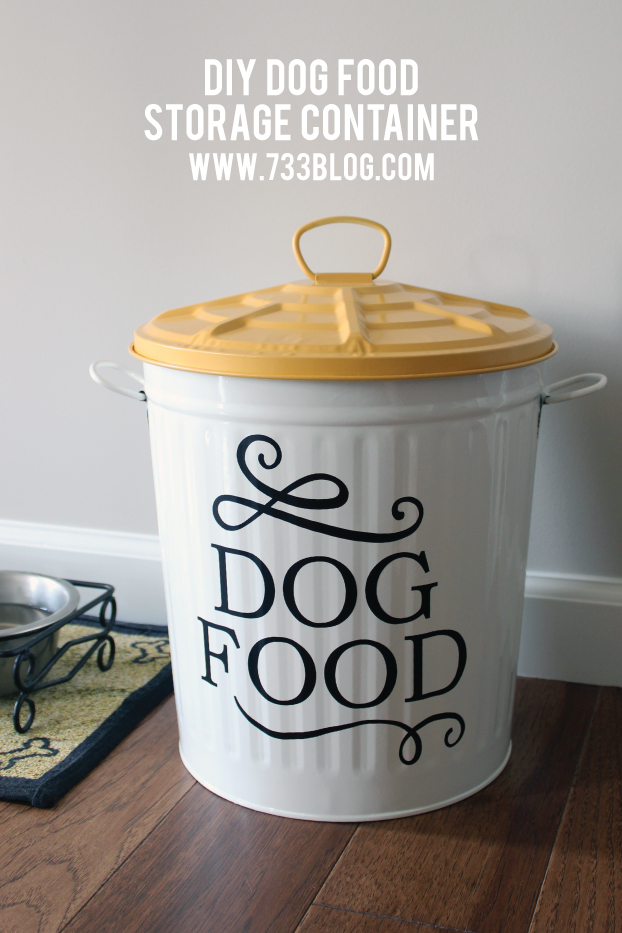
Conclusion
Proper dog food storage is essential for maintaining the nutritional value and quality of your dog's food. By choosing the right container, storing dry or wet food correctly, preventing contamination, and monitoring expiration dates, you can ensure your dog receives safe and healthy meals. Avoid common mistakes and follow the recommended guidelines to keep your furry friend happy and well-nourished.